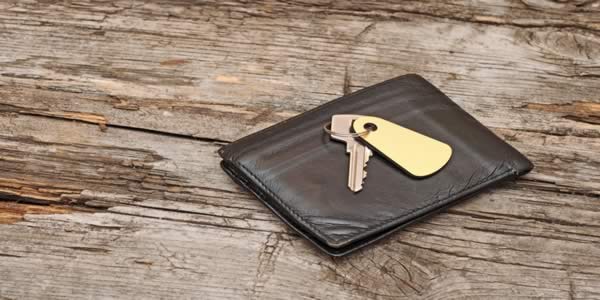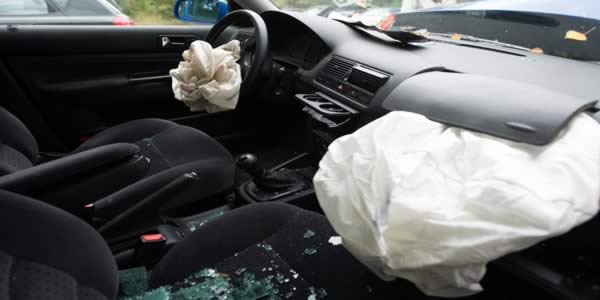In this article, our criminal defense attorneys in Charleston, SC examine the laws regarding assault, assault and battery of a high and aggravated nature (ABHAN), and the effects these charges can have in civil court too.
What are “Assault” and “Battery” in South Carolina?
Under older laws in South Carolina, “assault” was defined as an act that puts someone in fear of harm while “battery” was the actual touching that caused the harm. For example, if an assailant hit someone from behind, there was only a battery, because the victim did not see the injury coming and therefore was not in fear of the injury before it happened. Today in South Carolina, “assault” is controlled by statute, and our legislature uses the term “assault” to describe both the placing of fear and the actual touching.
What is Assault in the 3rd Degree (Simple Assault) in South Carolina?
Simple assault is actually called assault in the 3rd degree. It is prosecuted in Magistrate’s Court or Municipal Court. A person can be found guilty of simple assault if that person injures another, or attempts to injure another while having the ability to do so. If convicted, a person is guilty of a misdemeanor and can be fined or sentenced to up to 30 days jail, or both.
What is Assault in the 2nd Degree in South Carolina?
Assault in the 2nd Degree is prosecuted in General Sessions Court. A person can be convicted of Assault 2nd if the person injures another, or attempts to injure another while having the ability to do so, and the injury requires treatment to an organ other than skin, muscles, or connective tissues, or if the injury penetrates the skin, muscles, or connective tissues and requires complex surgical repair or the use of anesthesia. If convicted, a person is guilty of a misdemeanor and can be fined or sentenced up to 3 years, or both.
What is Assault in the 1st Degree in South Carolina?
Assault in the 1st Degree is prosecuted in General Sessions Court. A person can be convicted of Assault 1st if the person injures another, or attempts to injure another while having the ability to do so, and the assault involves touching of private parts under or above clothing with lewd intent, or the assault occurred during a robbery, burglary, kidnapping, or theft. If the assault is only an attempt to injure, it can be Assault 1st if it was accomplished by means likely to produce death or great bodily injury. If convicted of Assault 1st, a person is guilty of a felony and can be imprisoned for up to 10 years.
What is Assault & Battery of a High and Aggravated Nature (ABHAN) in South Carolina?
ABHAN is prosecuted in General Sessions Court. A person can be convicted of ABHAN if the person actually injures someone and the assault resulted in great bodily injury or the assault was accomplished by means likely to produce death or great bodily injury. If convicted of ABHAN, a person is guilty of a felony and can be sentenced up to 20 years.
Special Bond Conditions for Assault and ABHAN
A person charged with any of the above forms of assault will almost always have a bond condition prohibiting that person from contacting the alleged victim. Violation of this condition may result in a revocation of bond where the person must remain in jail until the charge is resolved. A person under such a restriction should avoid contacting the alleged victim in any way, including text message or telephone, and should avoid the alleged victim’s residence and place of employment.
Civil Claim by the Victims in South Carolina
Despite the existence of criminal charges and the possibility that an accused would have to pay the victim’s medical bills, the victim can still sue the defendant in civil court. If the victim (called a “plaintiff” in civil court) proves his or her case, then the defendant might have to pay medical bills, pain and suffering, punitive damages, lost wages, or other forms of damages. If a person is convicted at trial or pleads guilty in criminal court, that person cannot claim the assault did not happen in any civil trial.
Victim’s Participation in Criminal Court in South Carolina
South Carolina is the party bringing the criminal charges, not the victim. However, the prosecutor, who represents the State, normally speaks with the victim and takes into consideration the victim’s position on the situation when deciding whether to offer a plea bargain. While the prosecutor is not part of the civil case, the prosecutor might ask for some form of retribution, such as payment of medical bills.
What Are Some Defenses to Assault and ABHAN in South Carolina?
Even if a person commits an assault, it is possible that the person has a defense to the charge. Defenses include self-defense, defense of others, and consent. A criminal defense lawyer can help a defendant decide whether the person has a defense to the charge.
Resolving the Criminal Charges
There are numerous ways to resolve these charges short of a trial. In some cases, we are able to avoid conviction altogether. Some of the alternatives to a criminal conviction can be found by clicking here. In some cases, avoiding conviction without a trial is impossible, and in those cases, we explore other avenues such as looking for reduced charges or reduced sentencing. We give a discussion on the pleas in South Carolina here. In every case, if the defendant does not wish to accept the offer made by the prosecutor or if the defendant maintains his or her innocence, the defendant is entitled to let a jury decide whether he or she is guilty.
Criminal Defense Lawyers in Charleston
If you are charged with assault or ABHAN in Charleston, Berkeley, or Dorchester counties, or if you were assaulted in one of these counties or by someone who lives in one of these counties, schedule a consultation with the criminal defense lawyers at Futeral & Nelson to determine your rights and options. We can put our criminal experience, along with our civil experience, to work for you.












